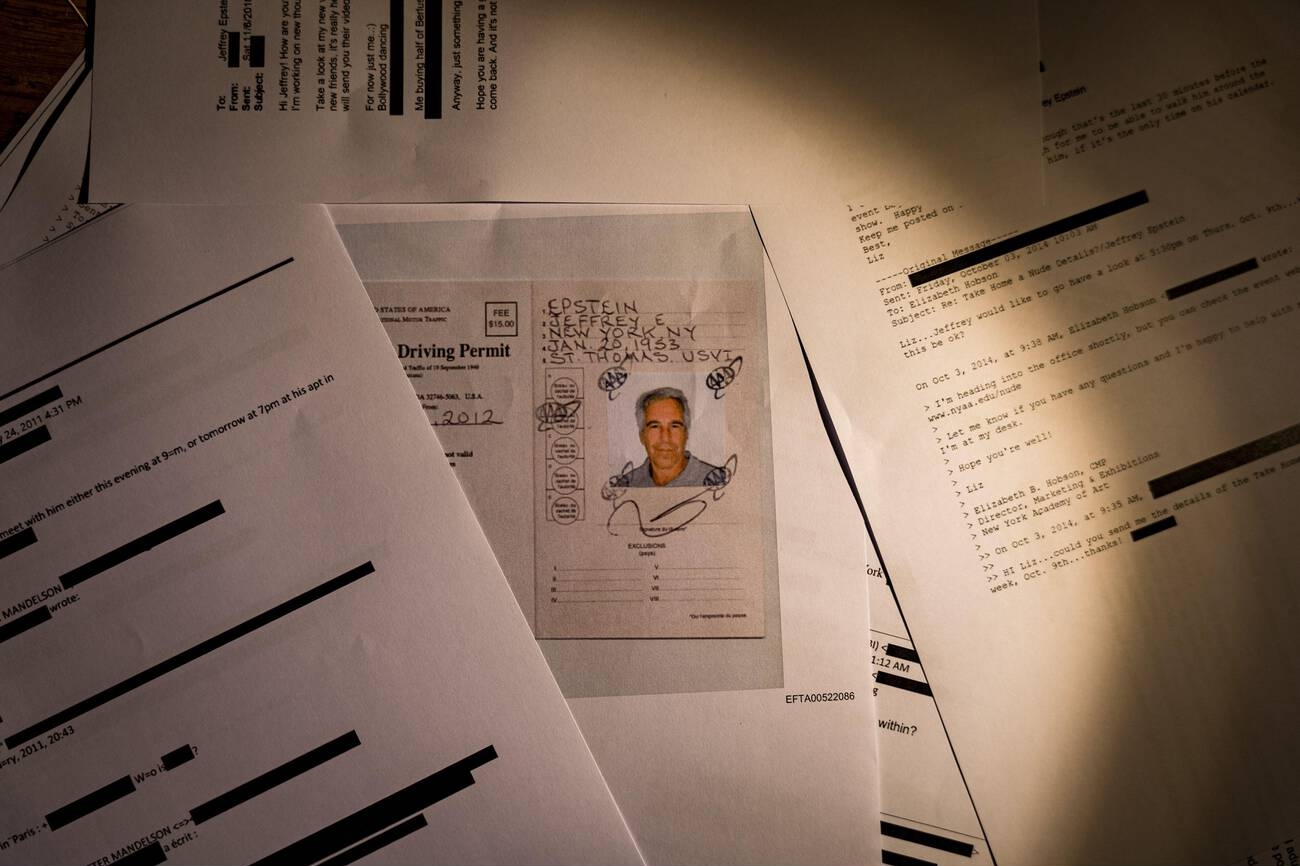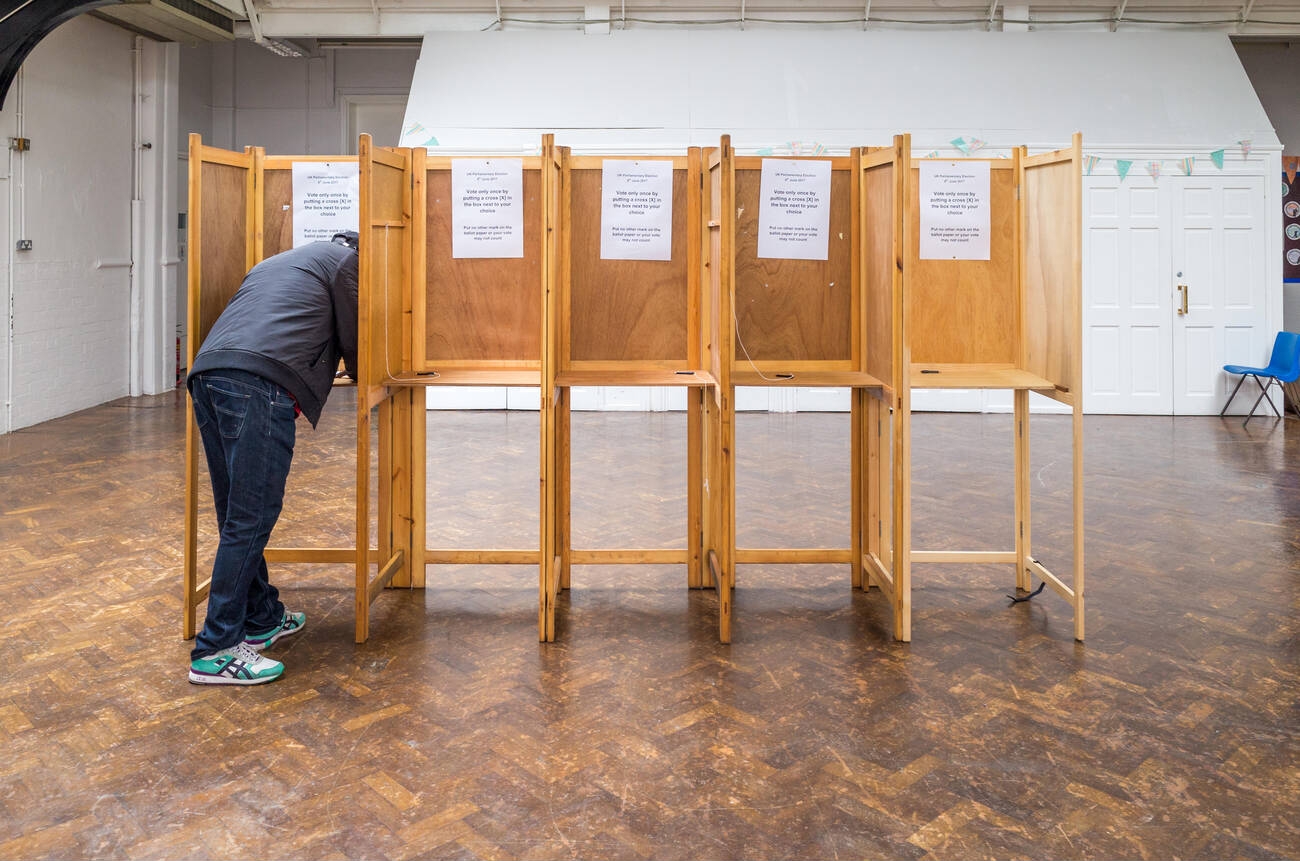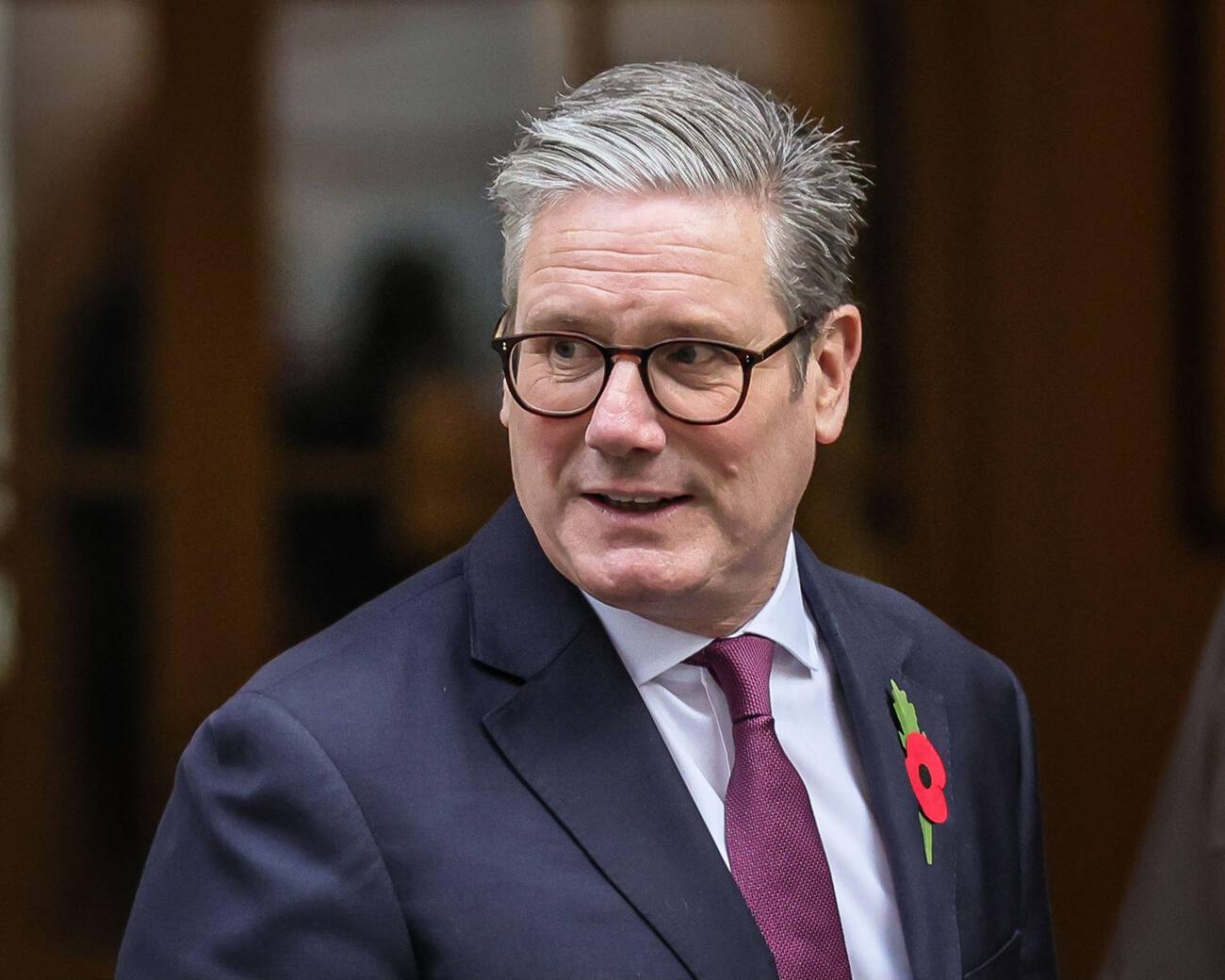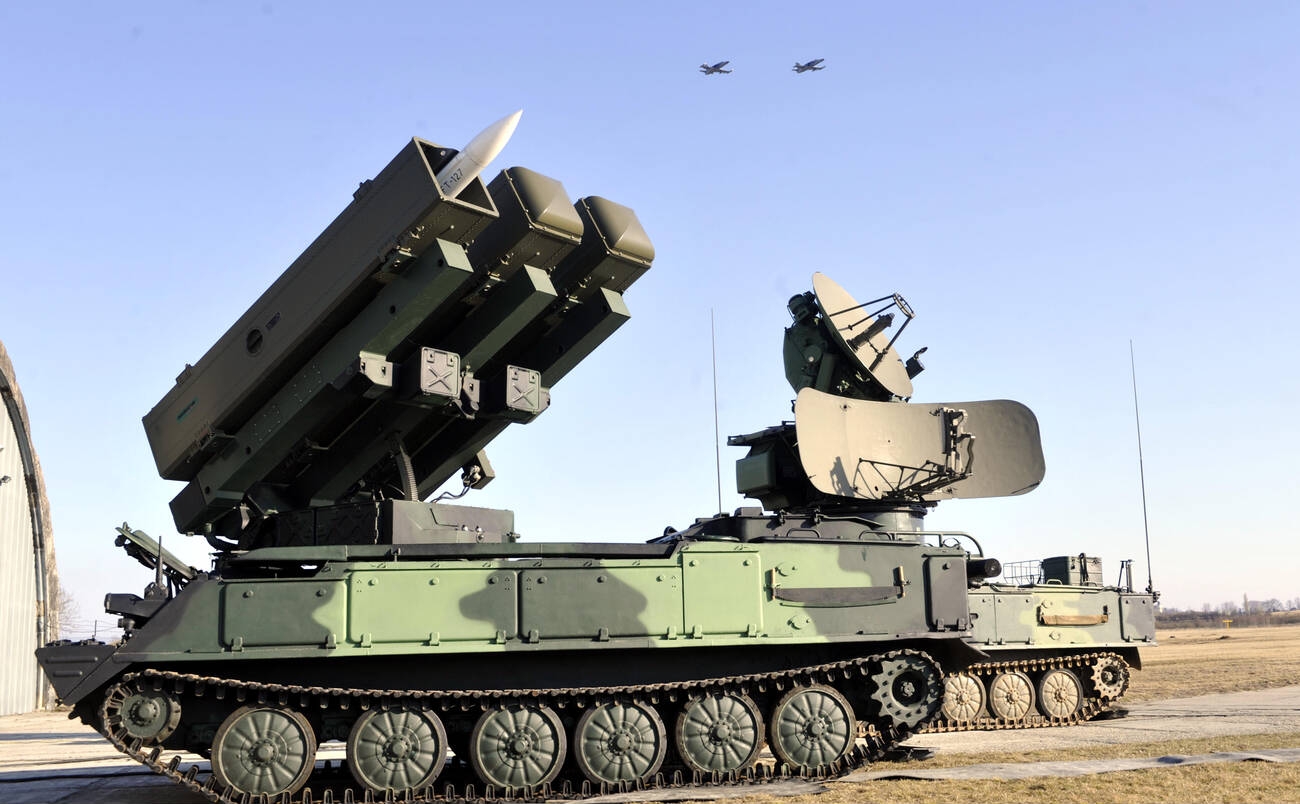British Foreign Policy in the Middle East: Old Interventions
The United Kingdom, long an architect of the Gulf’s security architecture, has become increasingly involved in the conflicts in
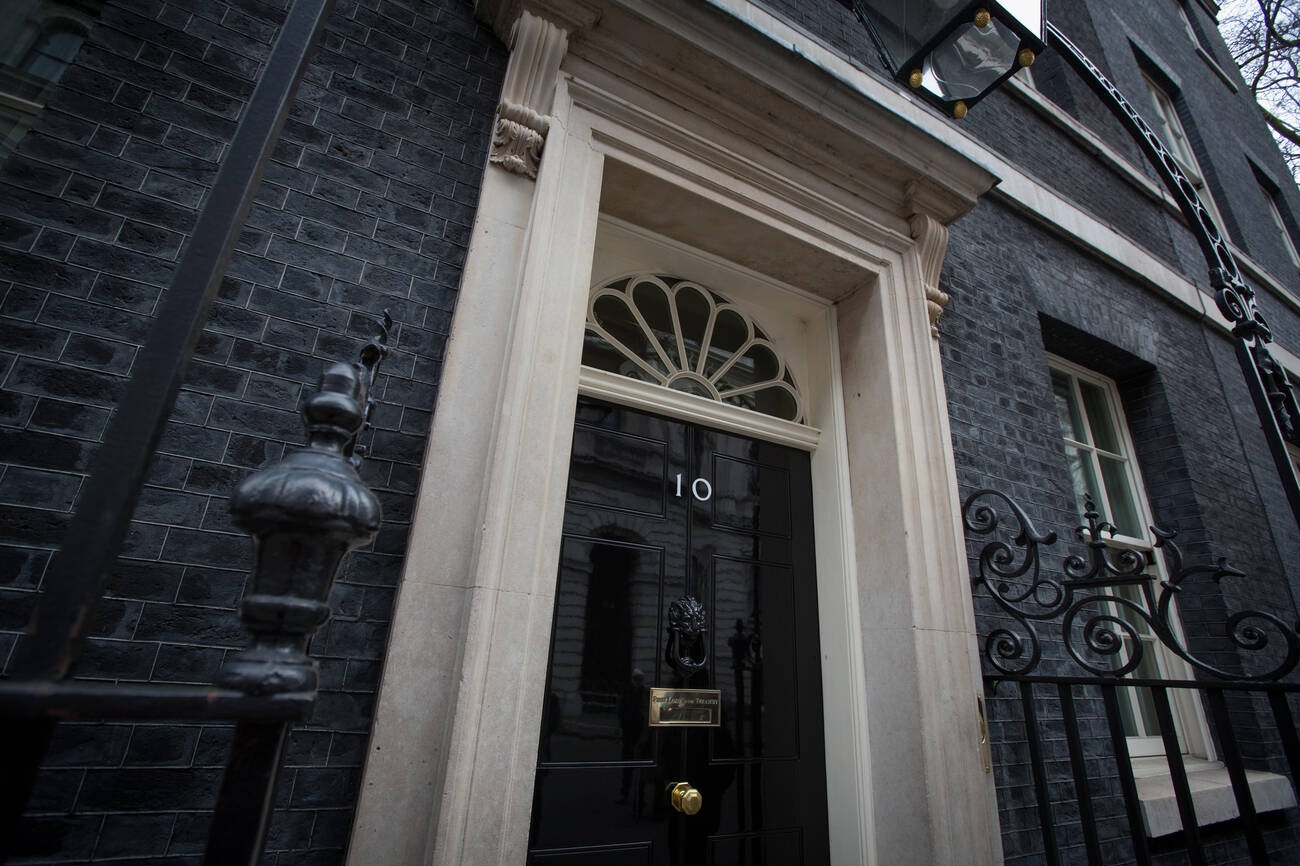
The United Kingdom, long an architect of the Gulf’s security architecture, has become increasingly involved in the conflicts in this region. The recent escalation that saw Houthi attacks on Red Sea shipping—a declaration of protest against Israel’s crimes against Palestinians in Gaza—and the subsequent Anglo-American ‘retaliatory’ strikes raises uncomfortable questions about Britain’s role. What is British Foreign Policy in the Middle East? Is it a security guarantor or a direct architect of humanitarian devastation? The UK’s involvement has been framed as advisory, logistical, or economic for years.
British involvement in the Middle East: Invasion of Iraq
The axis of Britain’s Middle Eastern empire extended from the Suez Canal to the Persian Gulf. The invasion of Iraq was a key moment for British Foreign Policy in the Middle East. The US and UK attacked Iraq in 2003 with the declared object of “removing weapons of mass destruction (WMD)”. A thing that never happened. The war caused the deaths of hundreds of thousands of Iraqis and led to a sectarian war that has cast a long shadow over the country. For the UK and US, there was a considerable cost in terms of service members injured or killed.
More than half of Britons think the Iraq war raised the risk of terrorism in Britain, while four in ten believe it made the world less safe and the lives of ordinary Iraqis worse. Four in ten Britons believe Tony Blair deliberately set out to mislead the public over whether Iraq possessed weapons of mass destruction. According to Sanam Vakil, the decision to attack Iraq was a “huge violation of international law”. Vakil is the deputy director of the Middle East North Africa program at Chatham House. “We know that the intelligence was manufactured and that [Saddam] didn’t have the weapons,” Vakil told Al Jazeera.
UK joined intervention in Yemen.
British fighter jets joined their US counterparts in bombings against Yemen’s Houthi. The Labour government authorized the first military action, and British Foreign Policy in the Middle East chose another intervention. This attack was the first UK participation in an aggressive American bombing campaign against the group. Britain had joined with the US to conduct five rounds of airstrikes against the Houthis between January and May 2024. This is a part of the Operation Poseidon Archer campaign. There have been reports of high civilian casualties. Recently, the Houthis said 68 people were killed when a detention center holding African migrants was struck in Saada. This is while 80 civilians were reported to have died in an attack on the port of Ras Isa on 18 April.
Donald Trump said the US would stop attacking the Houthis in Yemen because the group had “capitulated”. As Oman confirmed, a “ceasefire” had been reached with the Iran-backed group for it to stop targeting shipping in the Red Sea. A senior Houthi official has rejected US President Donald Trump’s claim the Yemeni armed group “capitulated” when agreeing a ceasefire deal, saying the US “backed down” instead. Abdul Salam also said the deal did not include an end to attacks on Israel, which has conducted two rounds of retaliatory strikes on Yemen.
Israel’s case in UK Foreign Policy
British Foreign Policy in the Middle East, especially in Israel, has been an early test of ‘progressive realism.’ Foreign Secretary David Lammy, as an organizing principle for Labour’s Foreign Policy, can guide its actions. In his words: ‘Progressive realism advocates using realist means to pursue progressive ends… It is the pursuit of ideals without delusions about what is achievable.’
Labour has maintained the position of the previous government of strong public support for Israel. This is a commitment to use UK military assets to support Israel’s defense against Iran. The UK is also seeking a ceasefire and hostage releases as a prelude to a permanent end to hostilities. It has also continued Operation Prosperity Guardian to protect merchant shipping in the Red Sea from Houthi attacks.
British Foreign Policy in the Middle East and Economic Figures
The UK’s current account deficit expands to £26.3 billion (3.9% of GDP) in Quarter 4 (Oct to Dec) of 2023. This figure shows a widening of £5.9 billion from Quarter 3 (July to Sept) 2023. Concurrently, London is losing its status as a global financial hub. London tries to attract significant investments. Saudi Arabia is pivotal in this dynamic, investing heavily in British infrastructure, technology, and defense sectors. In 2022, the value of UK arms export licenses exceeded £8.5 billion, with Persian Gulf nations, notably Qatar, being major purchasers.
In Post-Brexit era, these economic ties have strengthened, with UK-GCC trade reaching £61.3 billion by 2022. This made the Gulf an important market for British exports. This symbiotic relationship allows the UK to recycle petrodollars, influencing regional policies through its defense industry. Viewing the Yemen conflict through this lens shows that Britain’s involvement extends beyond regional stability. It aims to preserve an economic order that has benefited its interests for decades. In fact, by launching airstrikes and closely aligning itself with the US and Israel, the UK risks reinforcing the instability it claims to oppose. This is part of old British foreign Policy in the Middle East.
Gerges’s book about Western intervention in the Middle East
In What Really Went Wrong, Fawaz Gerges analyses the Middle East’s politics from the Cold War to the present. He argues that Western interventionist Policy (with particular flashpoints in Iran, Egypt, Syria, and Lebanon) destabilized the region and steered it towards authoritarianism. He argues that Western interventions – primarily by the US, UK, and France – have systematically hindered democratic movements. Instead, Western states established authoritarian regimes that serve their strategic interests. Mossadegh and Nasser emerged with goals of independence and modernization. These leaders’ freedom and patriotic desires were deliberately mischaracterized to justify Western interventions. British Foreign Policy in the Middle East is a key example of that.
For instance, Mossadegh’s nationalization of the Iranian oil industry threatened Western economic interests, resulting in his overthrow. Similarly, Nasser’s nationalization of the Suez Canal prompted military intervention by Britain, France, and Israel. This convergence of interests led Britain, France, and Israel to intervene militarily against Egypt. In the post-9/11 era, US and UK interventions in Afghanistan and Iraq, along with the ongoing support for Israel in its conflict with Palestine, serve as further examples of how Western policies continue to destabilize the region.

